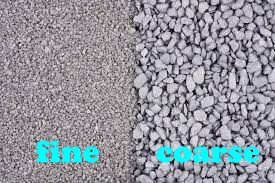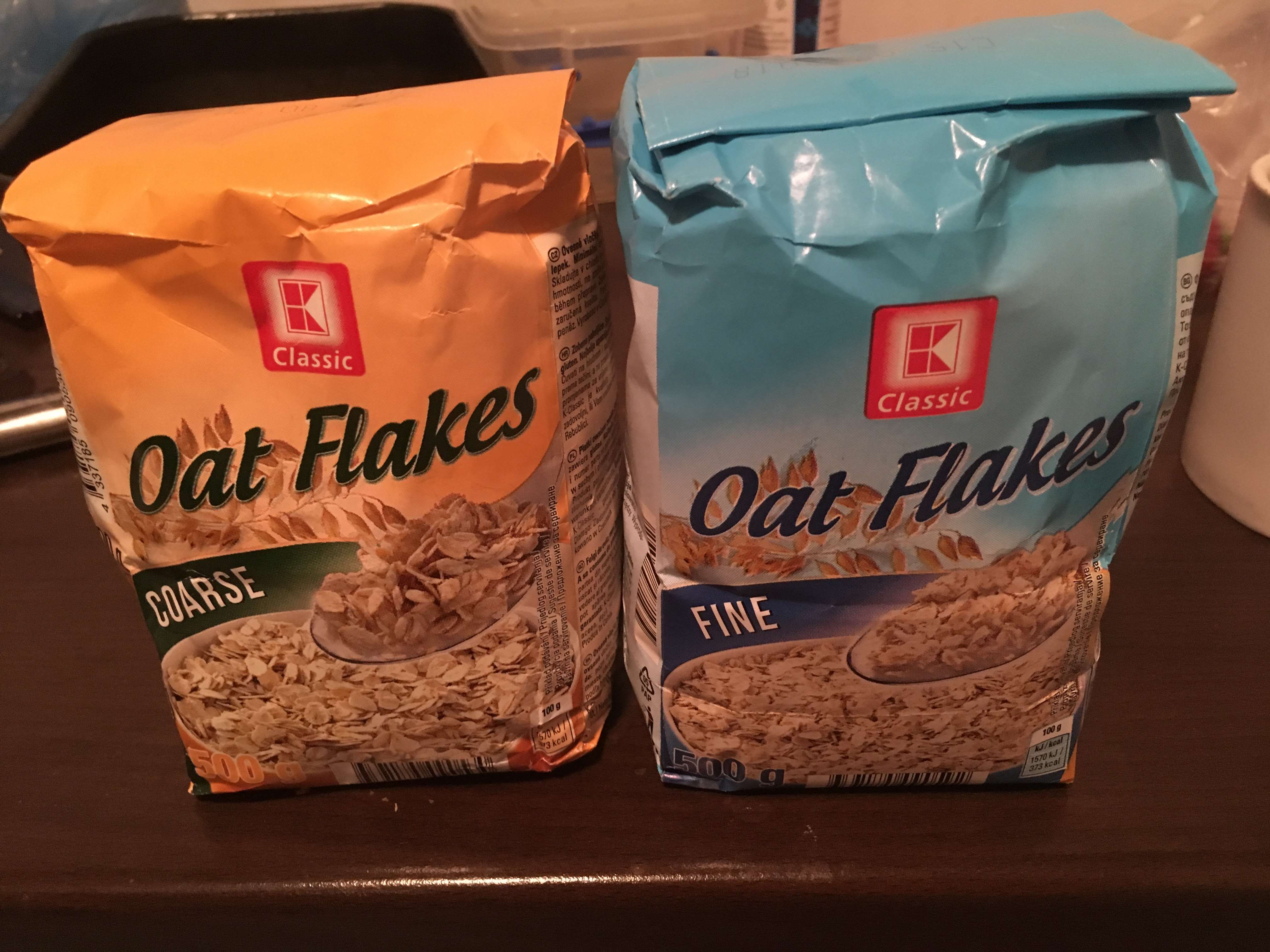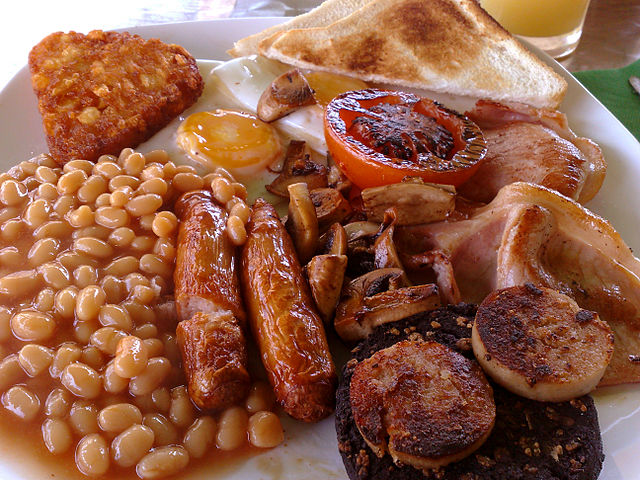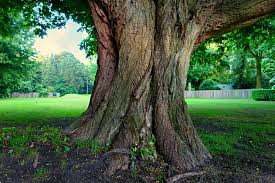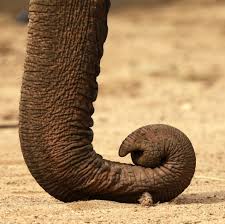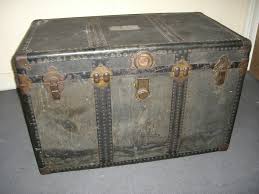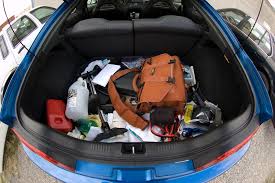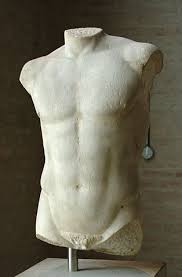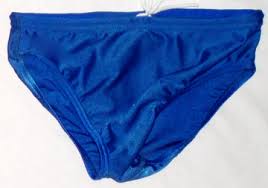Fine might be one of the first English words you ever learnt. If someone asks “How are you?”, there are lots of ways to answer, but one of the standard responses is “Fine, thanks.” In many situations, fine means something very similar to “OK”.
Jake: What do you think of that report I sent out?
Jeremy: It’s absolutely fine.
In the dialogue above, Jeremy has no problems at all with Jake’s report.
But fine doesn’t always mean just OK. In certain situations it describes something much better than that. However much you like McDonalds, you’d never call it “fine dining”. That expression is reserved for the experience of eating at fancy restaurants, where you’ll quite possibly also have some fine wine to go with your meal.
If you watch or listen to a weather forecast, and hear the word fine, that’s good news. Fine weather is bright and sunny. Not many clouds, and certainly no rain.
As I discussed last time, fine can also describe something made up of small pieces. It’s the opposite of coarse. We can use fine for anything that involves delicate work or attention to small details: “That painting must have taken ages. Look at all that fine brushwork!”
Finally (or should that be fine-ally?), fine can be a noun, with a completely different meaning from any of the above examples, in which fine was an adjective. A fine is a financial penalty for doing something wrong:
He received a $500 fine and a six-month driving ban.
Library fines are 50p per day, per item.
Like many English nouns, fine can also be a verb, meaning “to receive a fine”:
I got fined because my son wasn’t wearing a seat belt.
The police stopped me but luckily they didn’t fine me.




